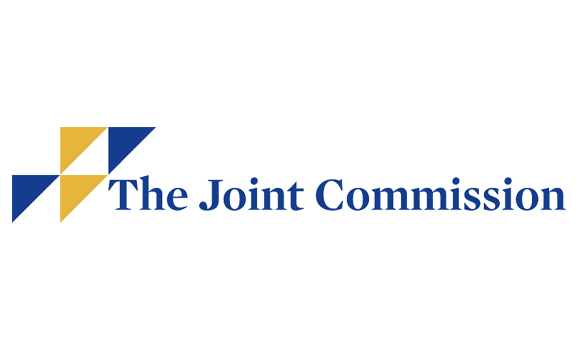Editor's Note Procedures involving pneumatic tourniquets can be associated with an increased the risk of complications and injuries such as postprocedural skin complications. A recent review of evidence-based practices for safety during surgery when using a pneumatic tourniquet published in the November issue of AORN Journal. This article provided an…
Editor's Note Surgical care can be influenced if a patient has high blood pressure, including for preoperative assessment, intraoperative monitoring and to prevent postoperative complications such as heart and kidney injury, stroke, and death. An overview of updated blood pressure guidance updates to the 2017 Blood Pressure Guidelines released by…
Editor's note Enhanced Recovery After Surgery (ERAS) guidelines continue to evolve for specific procedures with the goal to optimize patient recovery and surgical outcome. There is a recognized need for consensus on ERAS recommendations specific to surgery for moderate to severe degenerative cervical myelopathy (DMC)—progressive compression of the spinal cord…

Editor's Note Advocacy begins where safety meets purpose. That was the resounding message from UF Health Shands’ Michele Brunges, MSN, RN, CNOR, CHSE, director of surgical services; Katherine Hayes, BSN, RN, CNOR-CARD, nursing professional development specialist for perioperative services; and Kristy Perry, MSN, RN, CNOR, clinical coordinator of the north…

Editor’s Note New nurse leaders thrive when organizations invest in practical training and relationships, according to Aubrey Pepper, MSN, RN, DHA, CNOR, NE-BC, senior director of surgical services at St Jude Children's Research Hospital. In this session, Pepper said the most predictive skill for a smooth clinician-to-leader transition is “relationship…

Editor’s Note Healthcare cannot afford to “rewind,” said Dan Weberg, PhD, MHI, RN, FAAN, executive director of nursing workforce development and innovation at Kaiser Permanente, during his opening keynote on leading and embracing innovation in healthcare. According to Dr Weberg, healthcare’s “blockbuster moment” has arrived, and leaders must choose to…

Current literature shows artificial intelligence (AI) is no longer a distant concept in surgical care. Innovative medtech has entered clinical practice with measurable impact, although the field remains in early stages of implementation—promising in scope, but still facing challenges with data quality, reproducibility, and integration. For instance, a 2024 systematic…

Editor's Note Artificial intelligence (AI) and evidence-based fasting practices could significantly enhance safety and comfort for children undergoing surgery, according to research presented at the ANESTHESIOLOGY® 2025 annual meeting that took place on October 10–14. One study found AI systems outperform standard methods in key pediatric anesthesia tasks, including selecting…

The centralization of medical device processing to one facility is becoming more prevalent. Centralizing sterile processing activities reduces expenses while concentrating expertise. However, this also introduces new concerns. When sterile processing is located within the same building where instrumentation is used, transport occurs over smooth floors in a controlled environment…

Editor's Note The Joint Commission will launch a new initiative in January 2026 to highlight high-performing practices observed during accreditation surveys, according to an October 1 release from the organization. Called Survey Analysis For Evaluating STrengths (SAFEST), the program aims to provide more balanced feedback to accredited organizations while building…